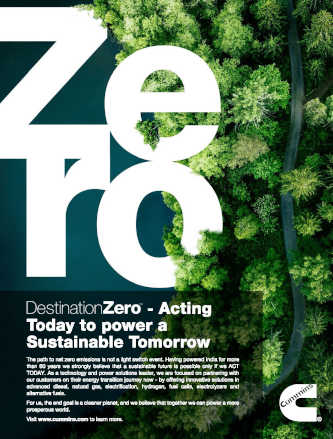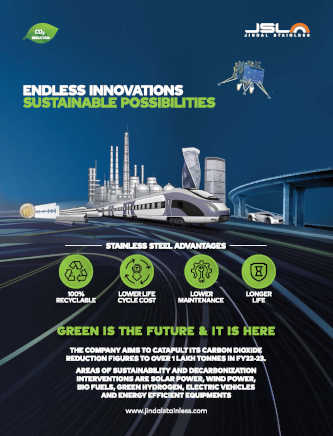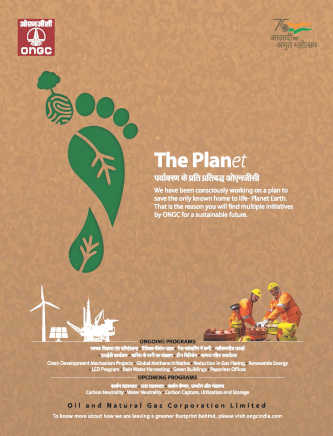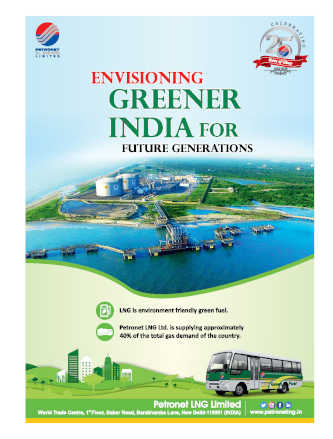Climate change could prompt 216 million people to move within their countries by mid-century, including 86 million in sub-Saharan Africa alone, according to a World Bank estimate from last year. Yet while many national governments continue to see climate migration as a problem of the future, according to an analysis by the Center for Global Development, a US-based think-tank, officials in cities worldwide say it is already wreaking havoc. “This is reality,” said Mayor of Freetown, capital of Sierra Leone, Yvonne Aki-Sawyerr. “Women who used to be farmers ... are (now) living in informal settlements trying to sell mangoes because they can no longer sustain their livelihoods.” Sierra Leone’s capital has limited ability to respond, she said, being hamstrung in accessing financing and even on local regulation, with issues such as land use planning and building permits overseen by the national government. “But when the floods happen, (local residents) look to the city council,” said Aki-Sawyerr, who along with other mayors, presented such concerns to UN officials in New York. Beira was one of five cities facing climate displacement to receive funding from the Mayors Migration Council (MMC), a mayor-led advisory organisation that met on the sidelines of last month's UN gathering. Five more will be announced at the COP27 climate summit in November in Egypt. The coronavirus pandemic has highlighted the importance of local leaders in responding to the needs of migrants, including those forced to move by climate factors, said Colleen Thouez, a senior fellow at the New School in New York who has worked on such issues for years. “We're no longer convincing (world leaders) of the importance of having mayors' voices – the UN is inviting them in and recognising their centrality as solution-bearers,” she said. Covid-19 emergency policies may also have swayed thinking on how to deal with sudden migrant influxes, Thouez said, citing as an example greater willingness to extend health and welfare access to people without the necessary documents. Unlike other assistance, MMC gives funding directly to city governments to "implement projects of their own design", said Samer Saliba, head of practice at the organisation, noting that Beira Mayor Albano Carige had submitted a fish market project. "His administration will receive and use the funds independently," Saliba added. At his office in the city council buildings up the road from the market, Carige said he hoped life could soon finally return to normal for Beira's fishermen, fishmongers and their families. He is also keen to share his city's climate adaptation lessons with other local government officials around the world, and make sure Beira is better placed to cope with future climate-related threats. "Beira is a vulnerable city," Carige said. "In the future I don't want to stress when we hear a disaster is coming. I want to feel that we're strong enough to adapt to climate change," he said. Extreme weather fuelled by climate change is driving millions of people from their homes, with many migrating to cities. This is placing an increasing strain on city budgets, as councils struggle to house, feed and care for new arrivals. More funding is needed to alleviate the situation, from relocating people in flood-prone areas, to bolstering city response funds.
-
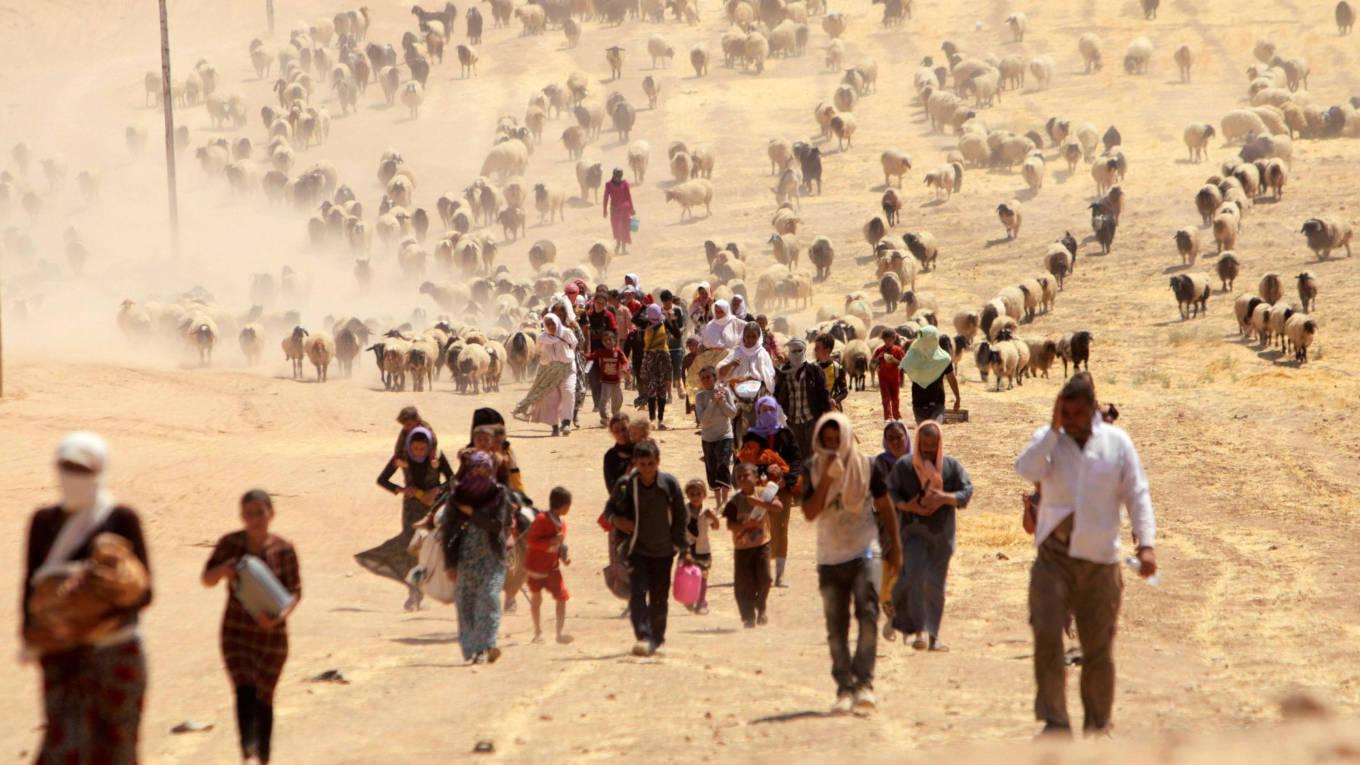
Extreme weather, fuelled by climate change, is displacing millions


